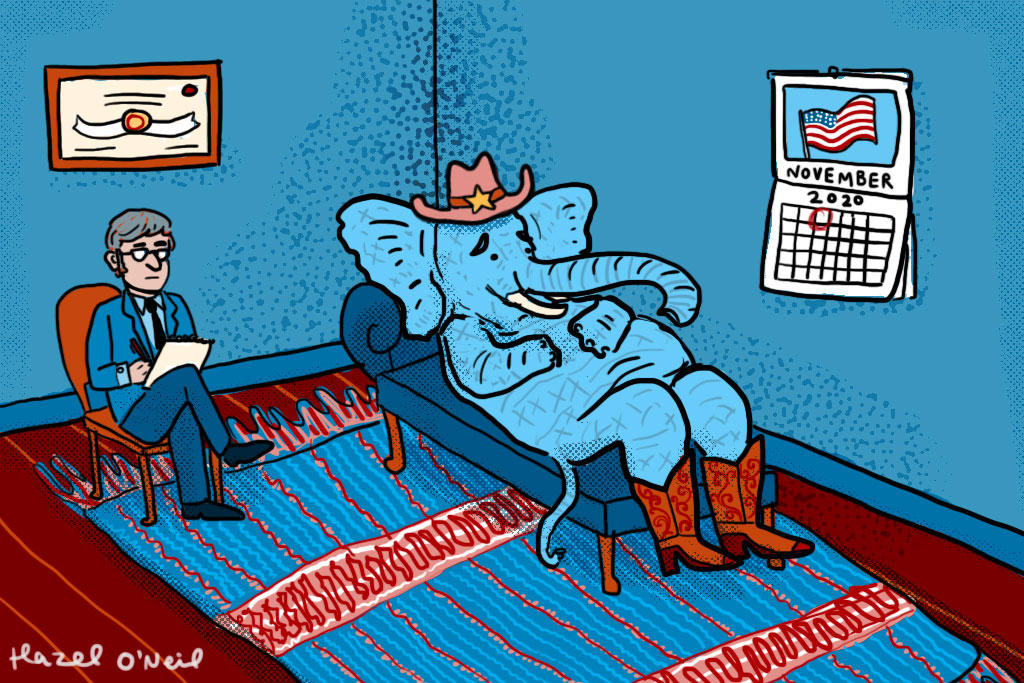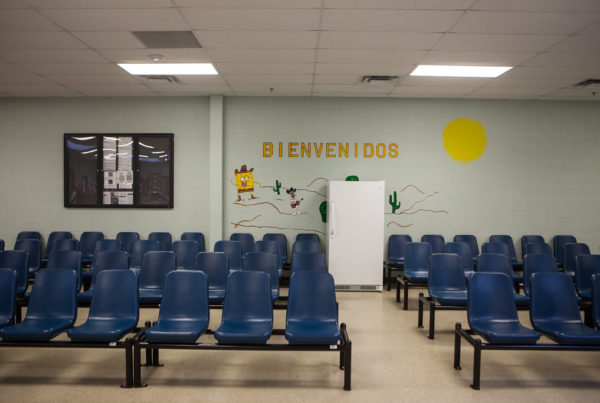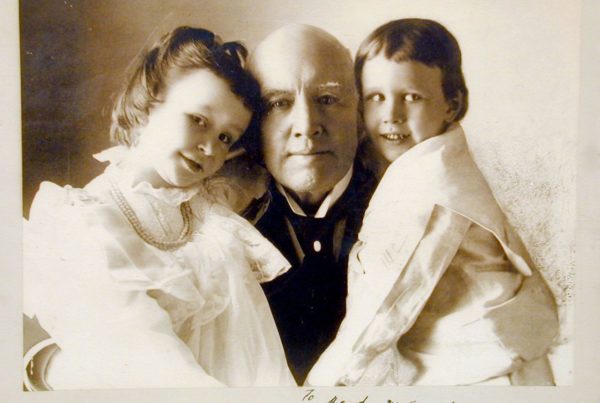From KUT:
Until somewhat recently, being a Texas Democrat was kind of a bummer.
Jason Stanford, a longtime Democratic operative in the state, says he got data on the scope of that political melancholy in 2006 while running a gubernatorial race.
“We did a poll and our pollster came back and said, ‘Texas Democrats are pathologically depressed,’” he says. “That was our pollster’s review. Democrats fundamentally didn’t believe they could win.”
The Start Of A Political Slump
Stanford has a theory about how this angst started. He says it began with the 1996 U.S. Senate race in Texas. Democrats were recovering from losing two years earlier and were hoping to stem another round of losses.
As a result, he says, the primary was stacked with impressive candidates running to oust incumbent Republican Sen. Phil Gramm. The field included two incumbent congressmen, a county party chair and a teacher named Victor Morales, who eventually won the nomination.
The race was relatively close, but Morales lost.
“After we lost, that was two losses in a row and Democrats lost hope for generation,” Stanford says.
For years after, he says, it was hard to convince people to run for office as a Democrat in the state.
“We couldn’t get good people to run,” he says. “We would just try to fill the ballot instead of recruiting actually good candidates.”
That’s partially why the last time a Democrat won a statewide election of any kind was back in 1994.
Even though Democrats have still been shut out of statewide races, in the past few years, the party has been able to get at least one thing back: hope.
“The political changes are astronomical in Texas,” says Brandon Rottinghaus, a political science professor at the University of Houston.
Rottinghaus says he worked in campaigns in a past life. His first campaign: Morales’ fateful U.S. Senate run in 1996, which became the catalyst for a two-decade-long Democratic depression in Texas.
The Cost Of Sitting Out
Rottinghaus says it’s clear the party’s psyche has taken a turn as political winds slowly change.
“The new demographics and the tone of politics now is shifting in a significant way that makes Texas much more winnable for Democrats and losable for Republicans,” he says.
Democrats have long said ongoing growth in the state’s black, Latino and Asian populations will eventually translate into gains for their party. But that hasn’t happened yet.















